
Tim du Toit Attorneys
Itec's Solution for Tim Du Toit Attorneys Reduces Costs & Secures Data
Tim du Toit Attorneys is one of South Africa’s longest-standing legal practices, with offices in three cities.
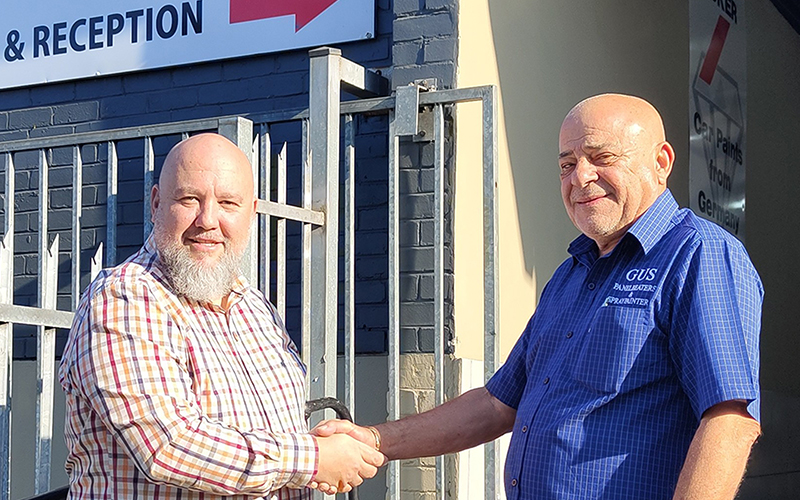
Gus Panelbeaters
Itec KZN Enables Business Continuity with Reliable Connectivity Solution
Gus Panelbeaters is a well-known and trusted automotive body repair and spray shop in Kwa-Zulu Natal. The shop recently transitioned from traditional Telkom copper and LTE to a more reliable fibre solution with a hosted PBX.

Mjwara Group
Mjwara Group Upgrades Communication Infrastructure with Itec KZN
Mjwara Group, a provider of professional and cost-effective services to the private and public sectors in and around KZN, has recently upgraded its communication infrastructure with the help of Itec KZN.

Morris Vee
Print Solution Boosts Operational Efficiency & Reduces Costs at Morris Vee Sports Bet
Morris Vee Sports Bet required a solution that would optimise its high-volume print environment. With Itec KZN’s strategic direction, the multisport betting aggregator not only achieved operational efficiency but also experienced a significant reduction in monthly costs.

La Petite Ferme
La Petite Ferme Enhances Security With Cutting-Edge Surveillance Technology
La Petite Ferme, nestled in the heart of Franschhoek, has successfully installed advanced security solutions to ensure the safety and well-being of its guests and residents. In collaboration with Itec Cape Town, the wine farm has fortified its commitment to creating a secure haven in one of the most scenic towns.
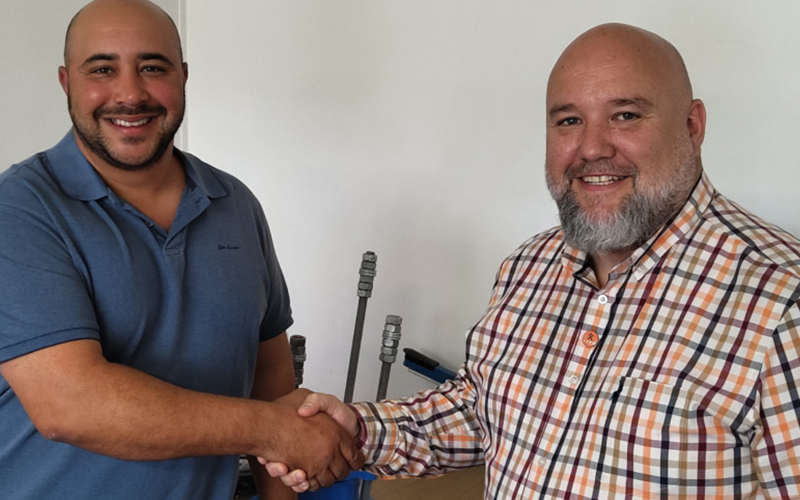
GNC Steel
Empowering GNC Steel & Fabrication with Uninterrupted Connectivity
GNC Steel & Fabrication, a leading bespoke manufacturing and supply business specialising in piping and valves for reservoir facilities, successfully overcame significant connectivity challenges through a strategic collaboration with Itec KZN.

Wits University
Mitel and Itec Awarded Contract to Deliver Next-Gen Communication Solution to Wits University
Wits University had an ageing analogue communications system which was no longer supported and costly to manage. Mitel, along with local partner, Itec Tiyende, was awarded the contract to deliver a next generation unified communication business solution to Wits University who now enjoy a highly scalable, resilient, centralised UCC solution.

SDS Protection
SDS Sets New Standards in SA Security Sector
Security specialist SDS Protection have installed a state-of-the-art integrated command and control centre as part of an ambitious expansion strategy that will see the company diversify into new market segments and deliver a broader range of intelligence-based security and off-site monitoring solutions.
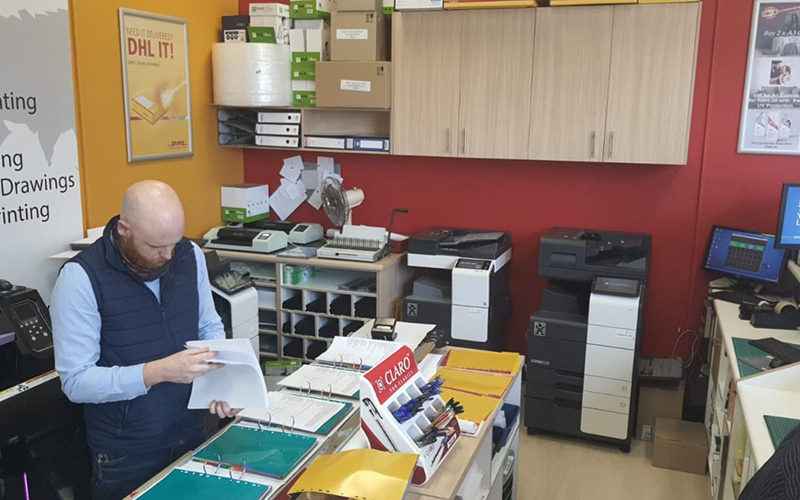
3@1
Itec transforms printing environment for 3@1 Clearwater Mall
Based at the Clearwater Mall in Roodepoort, 3@1 Clearwater is a business centre that delivers in the printing, scanning, copying, design, courier, and other office needs of its customers. When the new owners took over the business, they were looking at overhauling the existing printing contracts as these were expensive to maintain and inefficient.
Managed business solutions provider Itec Advance approached them with a compelling suite of printing products with much improved service contracts that would not only reduce the costs of managing the solutions but would also provide them with access to the latest printing technology.

Uthukela Water Case Study
Uthukela Water in KZN Streamlines Call Centre Service with Mitel Solution from Itec Newcastle.
Uthukela Water, in KwaZulu-Natal, has streamlined administration of its telephony environment and boosted customer service levels of its call centre by implementing a Mitel Unified Communications solution supplied by Itec Newcastle.
The organisation provides water and sanitation services to around 300 000 households across the municipalities of Amajuba, Newcastle and Umzinyathi. It embarked on an open tender to replace a legacy telephony system that was inflexible and expensive to support. Itec emerged as the winner based on the quality and price of its solution.

Using cameras to map retail trends
Itec & HIKVISION: Delivering Success in Today’s Retail Environment
The retail industry is constantly looking to find new ways to be relevant in the ever-increasing shadow of online shopping. Researchers have predicted a 17.5 percent growth in the ecommerce share of global retail sales in 2021, rising from 13.7% in 2019. When designer brand Miniso opened new shops in Poland, they used Hikvision technology to give them the edge.

Thermal & Conferencing Solutions
Mining company uses rich seam of technology to gear up for Covid-19
One of South Africa’s oldest mining companies has rolled out a high-tech thermal screening solution at one of its mines in Limpopo and at its Sandton head office as part of a wide-ranging initiative to protect its employees from the spread of COVID-19.
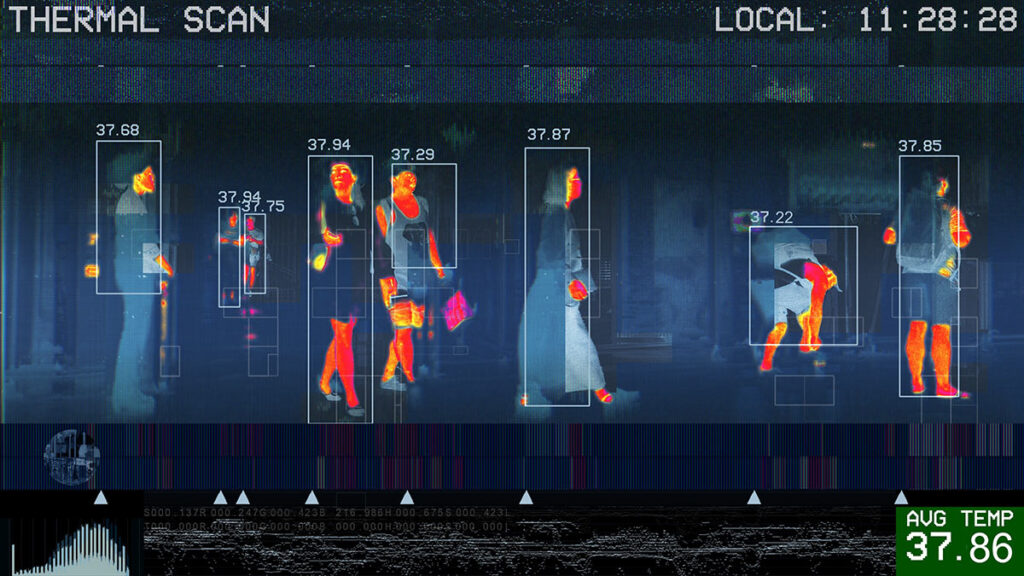
Thermal Solutions
DriveRisk stays safe with thermal camera solution
DriveRisk employees had been able to work remotely during the national lockdown, but head office needed to be fully compliant with COVID regulations before people could start returning to the office under Level 4 regulations. Installation of thermal cameras at its head office helped mitigate the risk of the spread of infection, with contactless fever screening technology.
Services
Digitally transformed call centre: Part 2
Itec digitally transformed AA SA’s traditional legacy communications system with a customised suite of Mitel products, including connectivity, a cloud-based, scalable and centrally managed system.
Services
What does the future hold? Part 3
AA SA’s future plans are all about using Itec’s cutting-edge technology to enhance customer engagement. This includes high speed responders, AI and omni-channel communications. These enhancements build on Itec’s recent solution, which not only provides reliable, technologically current service, but has also afforded AA SA a 5-figure reduction in cost per annum compared to their previous solution.
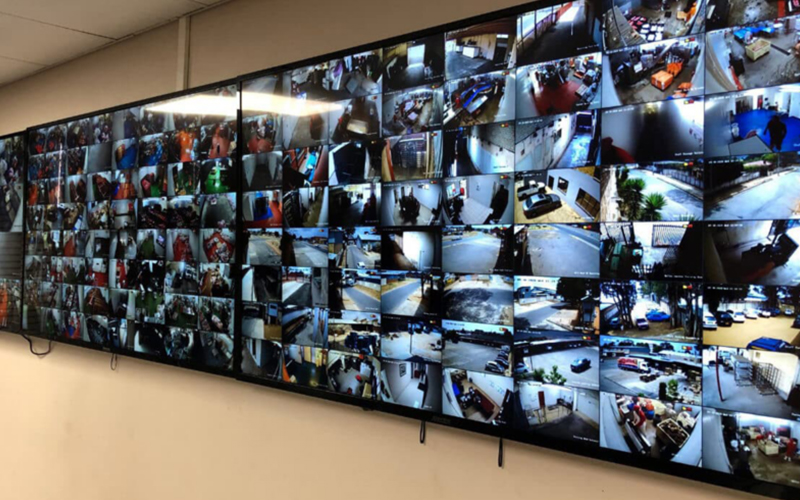
Superfecta Foods
Itec serves up high-tech integrated surveillance system for family food company
Family-owned food business Superfecta Foods is in the final stages of rolling out an intelligent, integrated security and surveillance system at its Krugersdorp factory that it says will enhance security, streamline access control and ensure better health and safety compliance across its operations.

Direct Sales
Smart systems that ensure tasks are processed in order and on-demand.
End-to-end management solutions that ensure any document printed, copied or faxed, anywhere in the organisation, is tracked and billed accurately.

Beauty, Health, Wellness
Business solutions that save costs and simplifies operations
Create a collaborative communications platform with converged communications, improving productivity and cost savings.
Request a Call Back
Fill out the form below, and a Product/Solution specialist will reach out to you.
For service or career enquiries, please visit the appropriate pages. Head to our Contact Us page to find our branch locations and contact information.
By filling out this form, you consent to be contacted by Itec via email regarding our products and services.
For service or career enquiries, please visit the appropriate pages. Head to our Contact Us page to find our branch locations and contact information.
By filling out this form, you consent to be contacted by Itec via email regarding our products and services.
Request a Call Back
Fill out the form below, and a Product/Solution specialist will reach out to you.
For service or career enquiries, please visit the appropriate pages. Head to our Contact Us page to find our branch locations and contact information.
By filling out this form, you consent to be contacted by Itec via email regarding our products and services.
Request a Call Back
For service or career enquiries, please visit the appropriate pages. Head to our Contact Us page to find our branch locations and contact information.
By filling out this form, you consent to be contacted by Itec via email regarding our products and services.
Fill out the form below, and a Product/Solution specialist will reach out to you.